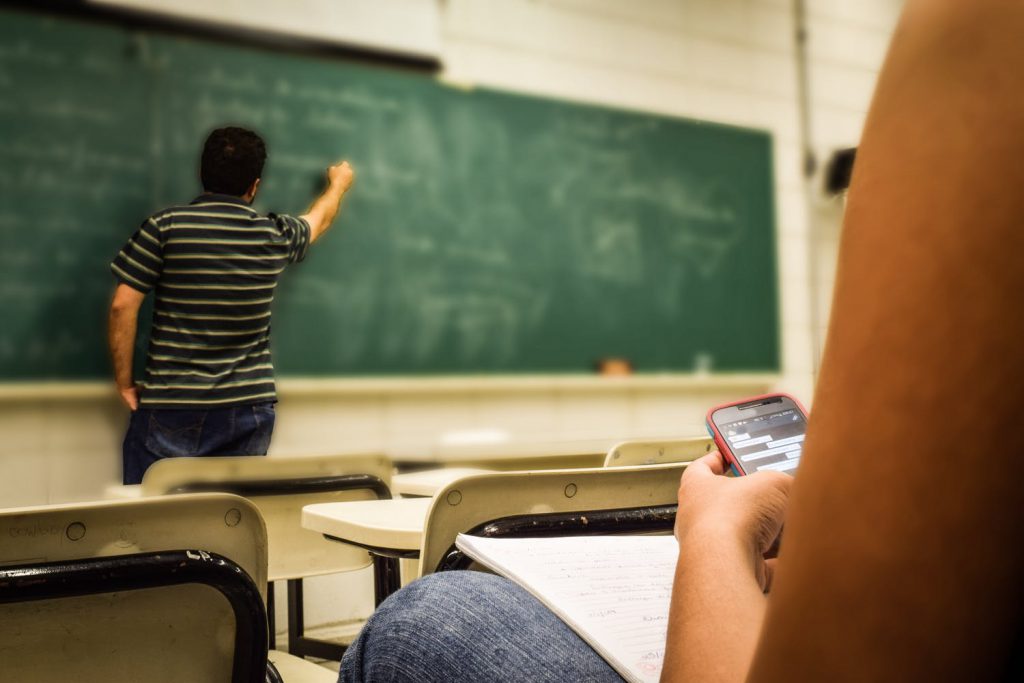Skilled Lectures
A lecture is an instructive oral presentation about a subject, concept or theory. To lecture effectively in English, a lecturer must be able to 1) contextualise, explain and critique complex information; 2) answer students’ questions and provide clarifications where necessary; 3) ask questions to assess students’ levels of understanding and critical engagement; 4) clearly present complex visual information; 5) correct errors and provide feedback and 6) interact with students in both formal and informal academic settings. During this course, participants will develop their ability to unpack and present intricate academic information in a clear and compelling way through group work, role-playing and individual presentations. The aim of this course is to cultivate participants’ awareness of different pedagogical strategies and related grammar structures so they can communicate their lectures effectively and help their students to achieve optimal learner outcomes.


THE PROGRAMME INCLUDES:
- The fundamentals of public speaking: ideation, influence and impact
- Different lecturing styles: reading, conversational and rhetorical
- The objectives of lectures: giving information or expressing ideas?
- Structuring lectures: introductions, key points, and conclusions
- Facilitating student notetaking: prosodic cues, micro-markers and macro-markers
- Sociolinguistic registers: formal, consultative and informal
- Language variation: datatype and dialect
- Error correction techniques and constructive feedback
- Cultivating visual literacy and using visual aids
- Essential academic grammar: conjunctions, conditionals, and interrogative phrases
- Non-verbal communication: paralanguage and expressiveness
PARTICIPANTS WILL LEARN HOW TO:
- Effectively prepare and structure lectures
- Sign-post key points and important concepts
- Unpack and explain visual information
- Utilise prosodic cues and paralinguistic techniques to convey meaning
- Engage students in formal and informal contexts
- Assess students’ understanding and provide constructive feedback.
Effective lecturing is more a matter of skill than charisma, although there are some techniques that can help to make your lectures more enjoyable for those in the audience.
The main characteristics of a good lecturer are that they:
- present the material in a clear and logical sequence
- make the material accessible, intelligible and meaningful
- cover the subject matter adequately
- are constructive and helpful in their criticism
- demonstrate an expert (and authoritarian) knowledge in their subject
- pace the lecture appropriately
- include material not readily accessible in textbooks
- are concise
- illustrate the practical applications of the theory presented
- show enthusiasm for the subject
- generate curiosity about the lecture material early in the lecture.

Live Classes
Online learning doesn’t have to be a pale imitation of “real” in-person learning. It’s a whole new way of interacting with learners. What if instead of a boring, predictable series of discussion question posts and assignments, your online courses were a dynamic journey that surprises and engages learners? This course will give faculty the confidence to create meaningful online learning experiences. Faculty have the skills to teach; we’ll show them how to transfer those skills to the online classroom – and it’s not about the technology!
Books Library & Store
AMC is designed own Environment of teaching with the competitive books. We have published many books in all format of courses. Currently our Team adding latest things into the comitative books.
